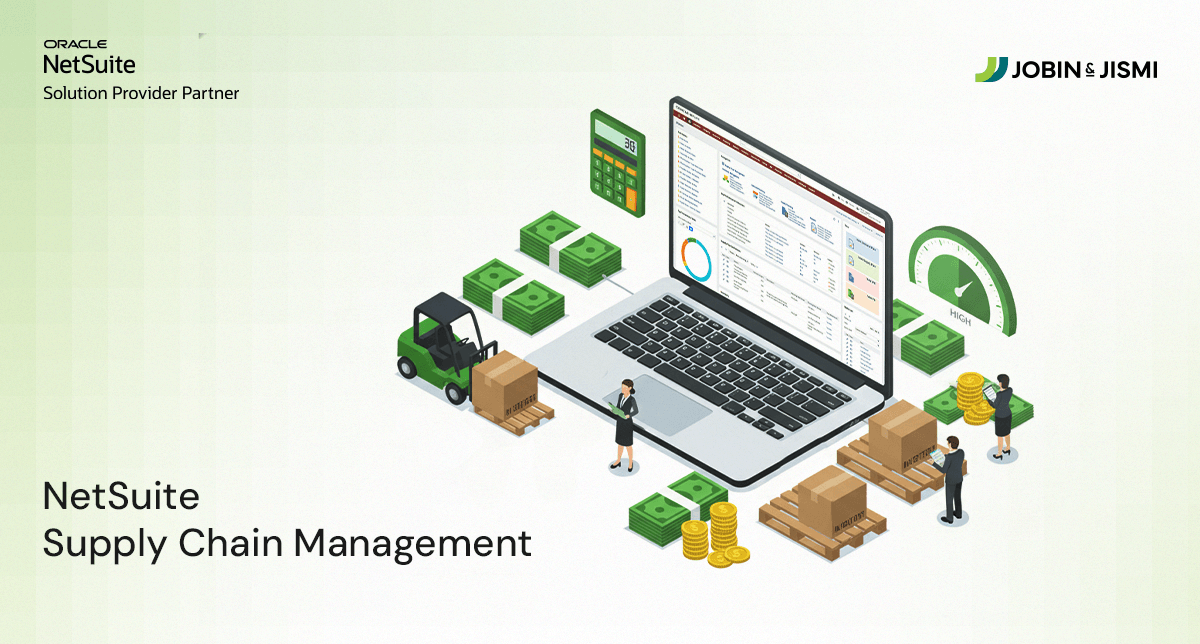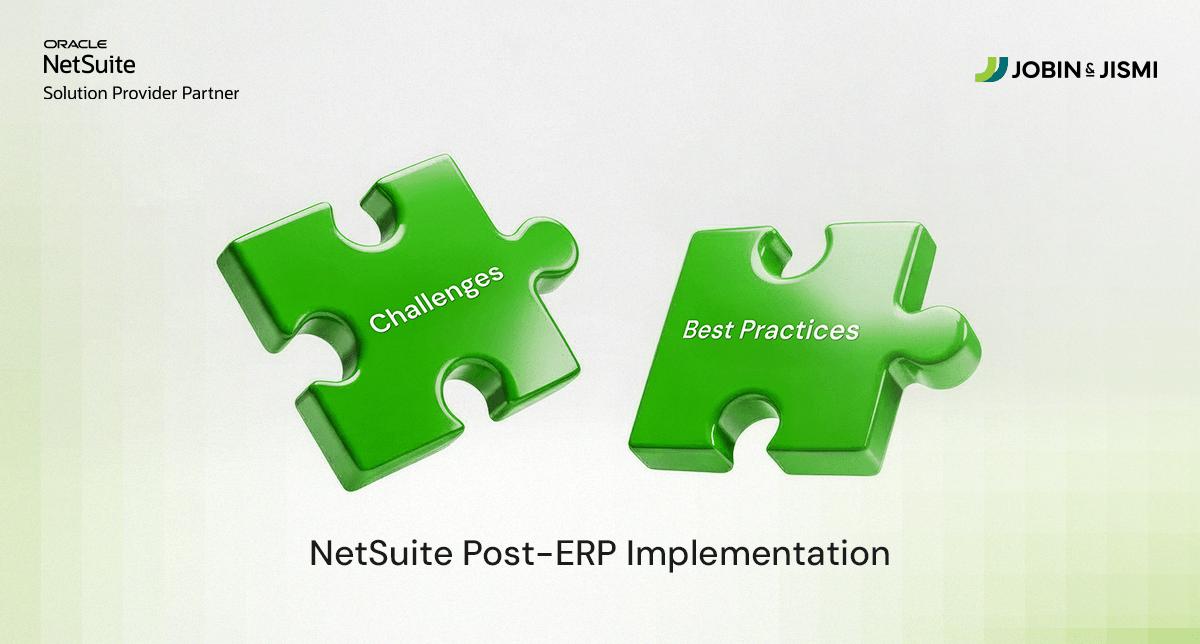Ultimate Checklist To Choose An ERP System

Enterprise Resource Planning (ERP) software is like your business’s personal assistant. It handles everything from accounting to sales in one place.
It integrates all the functions like accounting, manufacturing, supply chain, sales, marketing, and human resources. Doing so makes it productive and efficient. It is easy to access information from various departments and analyze scenarios to drive efficiency. All the key data is available to stakeholders in a single click.
Top reasons for choosing an ERP system:
• Cost reduction
ERP business system automates the entire business process that together decreases operational and administrative costs. By unifying different internal processes, an ERP system creates an environment for improved and cost-efficient business.
• Flexibility
It enables the addition of new features to the existing system. It also offers the flexibility to attain the unique objective of the business. ERP increases flexibility in both manufacturer and organizational operations.
• Managing Your Business with one System
Businesses use different applications for different functions leading to errors like duplication of data. There will also be lack of communication between various levels, and wastage of time and money.
ERP is an integrated system that automates key functions within one system. Having a steady flow of information across multiple departments ensures an agile movement across the business. Executives can look at the KPIs (Key Performance Metrics) and conclude easily regarding a particular department or process
• Better Production and Inventory Control
It allows maximum utilization of resources thereby reducing the volume of wastage and increasing production. The customer gets their product on time and the management need not worry about the volume, process, and production.
• Security
Business data is sensitive and therefore security plays a crucial role. Cloud ERP software uses cutting-edge security protocols to protect businesses from malicious attacks.
• Risk Management
An ERP system helps to minimize uncertainty and risk. ERP systems come packed with a bulk of functionalities that help the firm to manage risk efficiently.
-> Automating tasks helps to reduce the number of human errors.
-> Better decision making.
-> Forecasting helps to manage uncertainty.
• Scalability
ERP scalability is linked to business transformation. Transformation is necessary for the growth of the business. Scalable and flexible ERP meets the current and future needs of your company. It can handle large amounts of work which will increase the operational efficiency and productivity of the business.
• Better Analytics
ERP is responsible for collecting and organizing data in a better way. ERP business intelligence tools enable the analysis of data. It also converts it to an actionable format helps the authorities to take quick decisions.
• Customization
Customization is the ability to add a feature to the existing system satisfying the specific needs of the business. They include changing the appearance of the UI, updating the source code, and integrating third-party software. The ultimate aim of customization is to increase business value. One needs to make ongoing source code management and customization document-related activities.
Here are some questions you need to ask your vendor before choosing an ERP System. Note that this is a generic requirement checklist and not specific to any industry.
Functionality Requirements :
It is a description of features and functionalities of a product. It contains technical details, way of data manipulation, and processing methods.
• Does your ERP solve our current challenges?
• Are you able to find out the key issue with the system and what required functionality is missing?
• Can we expect your service in technical upgrades for future growth?
• Can you provide a scalable and flexible system?
Integration Requirements :
It specifies the additional requirements like external support, software, hardware, and inventory at the time of integration. Integration is the process of integrating all these components into one system.
• Are you able to address the unique feature of our business with ERP?
• Do any barriers involve customization to our ERP?
Training Requirements :
Once the new system is deployed the employees need training to improve their performance, skills, and knowledge.
• Do you provide training and training materials?
• How much time is required for the training?
• Is there any additional cost for training?
Deployment Requirements :
It is the way of delivering the product to the customer.
• Which kind of deployment options are expected?
• Do you prefer a one-time fee or a monthly subscription?
• How much time before final deployment?
• What is the deployment process?
• How many in-house staff are required for deployment?
Vendor support Requirements :
The service is provided by the vendor so before choosing a vendor try to find out the answer to the following questions.
• Can we expect post-go-live support?
• What kind of plan will you provide for support?
• How much time will you take to get a response?
Why Choose Oracle NetSuite?
Oracle NetSuite is a cloud-based ERP product that enables the smooth running of the business. It automates the main functional areas like financial management, inventory management, revenue management, order management, and CRM (Customer Relationship Management). NetSuite benefits include better decision making, data security, scalability, customizable, single solution for business, and bi-yearly upgrades. It also helps to improve operational visibility, configure workflows and support internal controls.
Looking for a NetSuite implementation partner? Join hands with more than 10 years of experienced Alliance partner like Jobin & Jismi for a seamless implementation experience.
on LinkedIn




